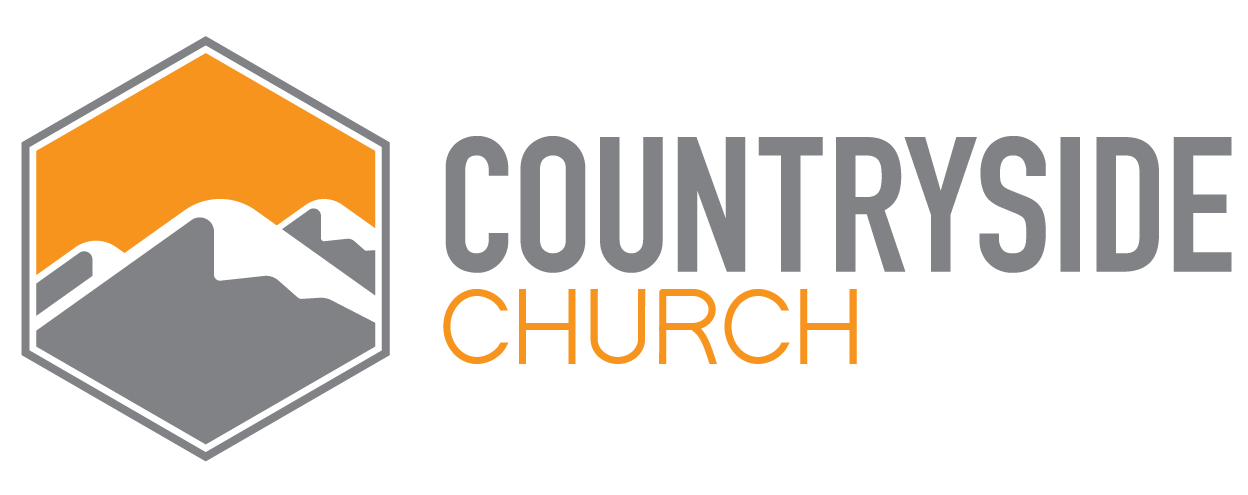Discussion Questions
1. Megan said we need to stop doing for Jesus, and start being with Jesus. What’s the difference?
2. Our understanding of our identity changes how we live our life. When we realize we are a child of God, we begin to act like one. Have you seen this shift in your own life? How?
3. Jesus’ power and authority are driven by love. Jesus doesn’t use his power to control us, but instead, uses it to heal us and set us free. How does this compare to the way power typically works in the world?
4. “Sometimes Jesus heals you in an instant, and sometimes he gets in the mess with you first. But either way, healing starts with an encounter with Jesus.” How have you seen this play out in your own life?
5. “All the gifts you have in Jesus right now apply to your present, to your future, and to your past.”
Have you considered this idea before? Look back at the low points on your timeline from Module 5. How was Jesus speaking and moving in your life then (whether you knew it at the time or not)? Is he still speaking into those wounds now? What might he be saying?
6. “Our spiritual and emotional wounds work the same way our physical ones do. We have to go to the source of the break and set things right if we want to heal…If you want to encounter Jesus, then you need to be willing to encounter him in every place that he wants to encounter You.”
Consider a place in the disciple’s life where a hurt was left unresolved. Where did that wound get started? Whether we realized Jesus was with us in that moment or not, he was there, and is still there today.
Talk this through together and begin to discern what Jesus has to say in it right now. Pray together to close your meeting.
Assignment
Read the essays Finding God in the Workplace and Finding God in Rest located below. Journal notes to share when you discuss these in your next meeting.
The Discipleship Pathway is a collaborative work between Pastors Phil Wiseman & Megan Koch of Table Church and Pastor Jake Thurston of The Ransom Church.
